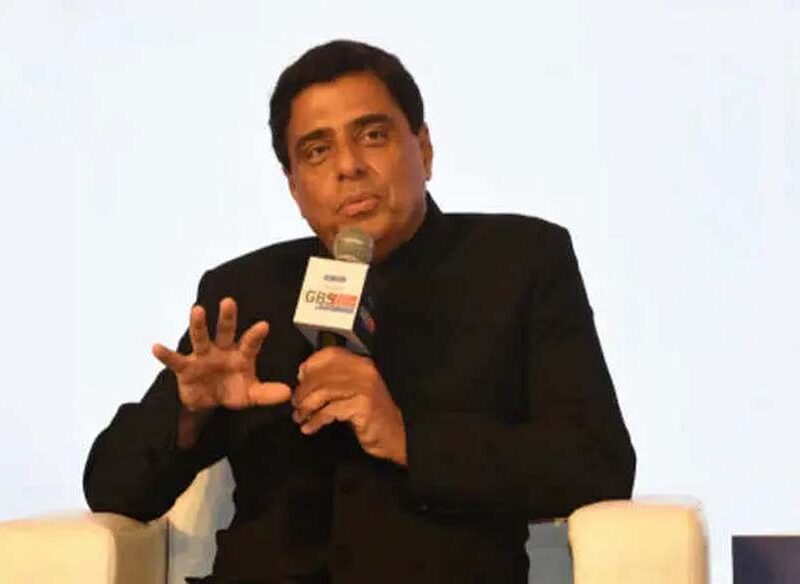WhatsApp revealed that it banned two million Indian accounts and received 345 grievance reports during the period from May 15 to June 15. This information was disclosed in its inaugural monthly compliance report as required by the IT rules.
New IT rules mandate large digital platforms with over five million users to publish monthly compliance reports, detailing complaints received and actions taken.
Preventing Harmful Messaging
WhatsApp emphasized its commitment to preventing accounts from sending harmful or unwanted messages at scale. It highlighted its advanced capabilities to identify and ban accounts engaging in high or abnormal rates of messaging, resulting in two million bans in India alone during the specified period, primarily due to unauthorized use of automated or bulk messaging (spam).
The company stated that the number of banned accounts has risen significantly since 2019 due to improved system sophistication, allowing for the detection of more accounts attempting to send bulk or automated messages. The majority of these bans are proactive, without reliance on user reports.
Account Evaluation and Response
In addition to behavioural signals, WhatsApp relies on unencrypted information and advanced AI tools to detect and prevent abuse. The platform evaluates and responds to user reports received through grievance channels, addressing categories such as ban appeal, account support, product support, and safety issues.
During the reporting period, 63 accounts were actioned by WhatsApp, based on user reports. The term ‘Accounts Actioned’ refers to reports where remedial action was taken, either by banning an account or restoring a previously banned account in response to the complaint.
Compliance with IT Rules
The IT rules, effective from May 26, require significant digital platforms to disclose the number of specific communication links or information parts proactively removed using automated tools. Several platforms, including Google, Koo, and Twitter, have submitted their compliance reports. Instagram and Facebook have also submitted their reports.
These rules aim to prevent abuse and misuse of digital platforms, providing users with a robust grievance redressal mechanism. Social media companies must adhere to strict timelines for content removal, appoint designated personnel residing in India, and comply with intermediary status regulations to avoid liabilities over third-party data hosted on their platforms.




















